What is a Microbiology?
Microbiology is the study of microorganisms, which are organisms that are too small to be seen with the naked eye. Microorganisms include bacteria, viruses, fungi,
algae, and protozoa. Microbiology is a broad field that encompasses many different subdisciplines, including virology, bacteriology, mycology, and parasitology.
Microbiologists study the growth, physiology, genetics, biochemistry and ecology of microorganisms, they also study the interactions between microorganisms
and their environment, including other microorganisms and host organisms. They also study how microorganisms can be used in various industries such as food and beverage, agriculture, biotechnology and medicine.
Microbiology has many practical applications in areas such as medicine, where it is used to diagnose and treat infectious diseases, and in the food and
agricultural industries, where it is used to ensure food safety and improve crop yields. Microbiology also plays a critical role in the development of new treatments and vaccines for a wide range of diseases caused by microorganisms.
How many types of Microbiology?
- Bacteriology: The study of bacteria, which are single-celled microorganisms that can be found in nearly every environment on Earth.
- Bacteriology examines the growth, genetics, biochemistry, and ecology of bacteria, as well as their interactions with other organisms.
- Virology: The study of viruses, which are non-living infectious agents that can infect a wide range of host organisms.
- Virology examines the structure, replication, genetics, and evolution of viruses, as well as their interactions with host cells.
- Mycology: The study of fungi, which are microorganisms that include yeasts, molds, and mushrooms.
- Mycology examines the growth, physiology, genetics, biochemistry, and ecology of fungi, as well as their interactions with other organisms.
- Parasitology: The study of parasites, which are microorganisms that live in or on other organisms (hosts) and obtain their nutrients from them.
- Parasitology examines the life cycles, morphology, physiology, genetics, and ecology of parasites and the interactions between parasites and their hosts.
- Immunology: The study of the immune system, which is the body's defense system against pathogens.
- Immunology examines the structure and function of the immune system, the mechanisms of immunity, and the development of vaccines and other immunological therapies.
- Environmental Microbiology: The study of microorganisms and their roles in natural environments such as soil, water, and air.
- Environmental Microbiology examines the diversity, physiology, genetics, biochemistry and ecology of microorganisms in these environments.
- Medical Microbiology: The study of microorganisms that cause infections in humans and animals and the host-pathogen interactions.
- Medical Microbiology examines the diagnosis, treatment and prevention of infections caused by microorganisms.
Bacteriology
Bacteriology is the study of bacteria, which are single-celled microorganisms that can be found in nearly every environment on Earth. Bacteriologists study the growth, genetics, biochemistry, and ecology of bacteria, as well as their interactions with other organisms. Some of the key areas of study within bacteriology include:
Identification and classification: Bacteriologists use a variety of techniques to identify and classify different types of bacteria. These can include microscopy, staining, and genetic sequencing.
Growth and physiology: Bacteriologists study the conditions that bacteria need to grow, including factors such as temperature, pH, and oxygen levels. They also examine how bacteria respond to changes in these conditions and how they adapt to different environments.
Genetics and biochemistry: Bacteriologists study the genetic makeup of bacteria and how it relates to their physiology and ecology. They also study the biochemistry of bacteria, including the enzymes and metabolic pathways that allow them to survive and thrive.
Ecology and interactions: Bacteriologists study the role of bacteria in different ecosystems, including how they interact with other organisms and their impact on the environment. They also study how bacteria interact with their hosts, including how they cause disease.
Medical Bacteriology: In this branch of Bacteriology, scientists study the cause, diagnosis, treatment and prevention of infections caused by bacteria. They also develop diagnostic tests and vaccines to prevent bacterial infections.
Bacteriology has many practical applications in areas such as medicine, agriculture, and industry. Bacteriologists work in a variety of settings, including research laboratories, hospitals, and government agencies. They also play a critical role in the development of new treatments and vaccines for bacterial infections, as well as the development of new antibiotics to combat antibiotic-resistant bacteria.
Virology
Virology is the study of viruses, which are non-living infectious agents that can infect a wide range of host organisms including animals, plants and bacteria.
Virologists study the structure, replication, genetics, and evolution of viruses and their interactions with host cells. Some key areas of study within virology include:
Identification and classification: Virologists use a variety of techniques to identify and classify different types of viruses. These can include electron microscopy, genetic sequencing and serological assays.
Structure and replication: Virologists study the physical structure of viruses, including their genetic material and the proteins that make up their capsid. They also study the replication cycle of viruses, including how they enter host cells, replicate, and leave the host cell.
Genetics and evolution: Virologists study the genetic makeup of viruses and how it relates to their replication and evolution. They also study how viruses change over time and how this affects their ability to infect host cells.
Interactions with host cells: Virologists study how viruses infect host cells and how they evade the host's immune system. They also study the host's response to viral infections and how the host can be protected from viral infections.
Medical Virology: In this branch of Virology, scientists study the cause, diagnosis, treatment and prevention of viral infections in humans and animals. They also develop diagnostic tests, vaccines, and antiviral drugs to prevent and treat viral infections.
Virology has many practical applications in areas such as medicine, agriculture and veterinary medicine. Virologists work in a variety of settings, including research laboratories, hospitals, and government agencies. They also play a critical role in the development of new treatments and vaccines for viral infections, as well as the monitoring of emerging viruses.
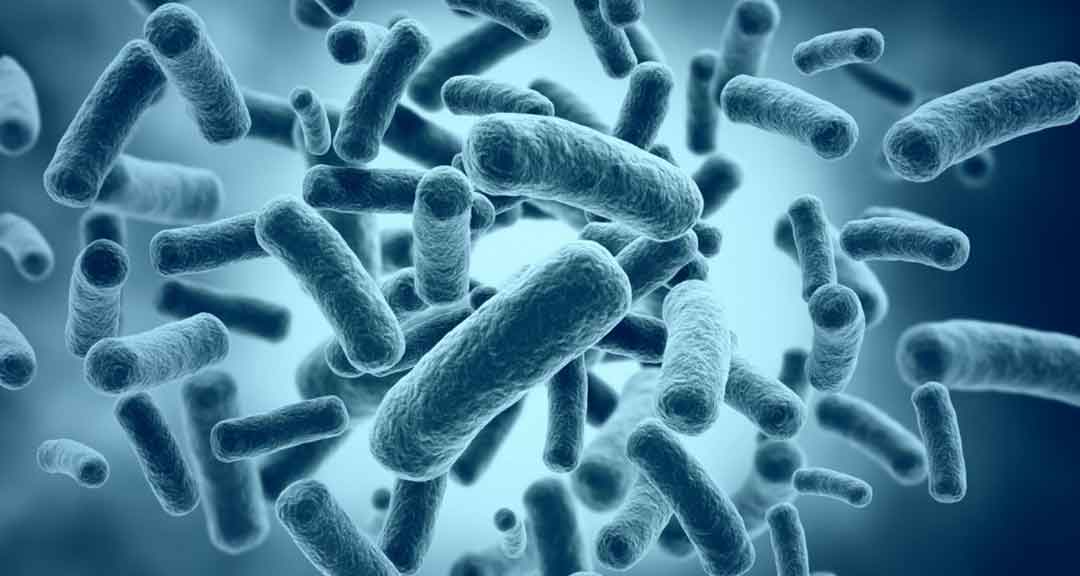
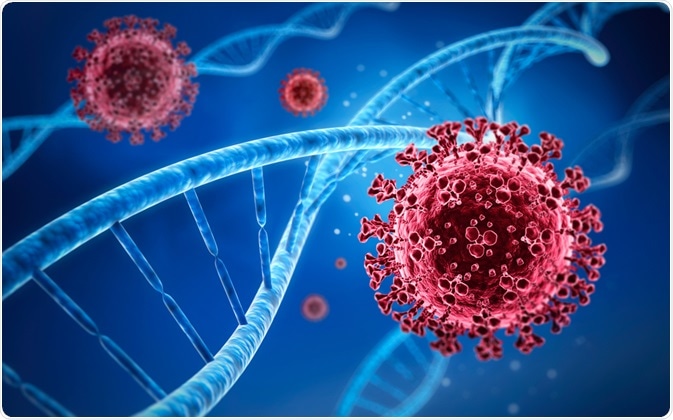
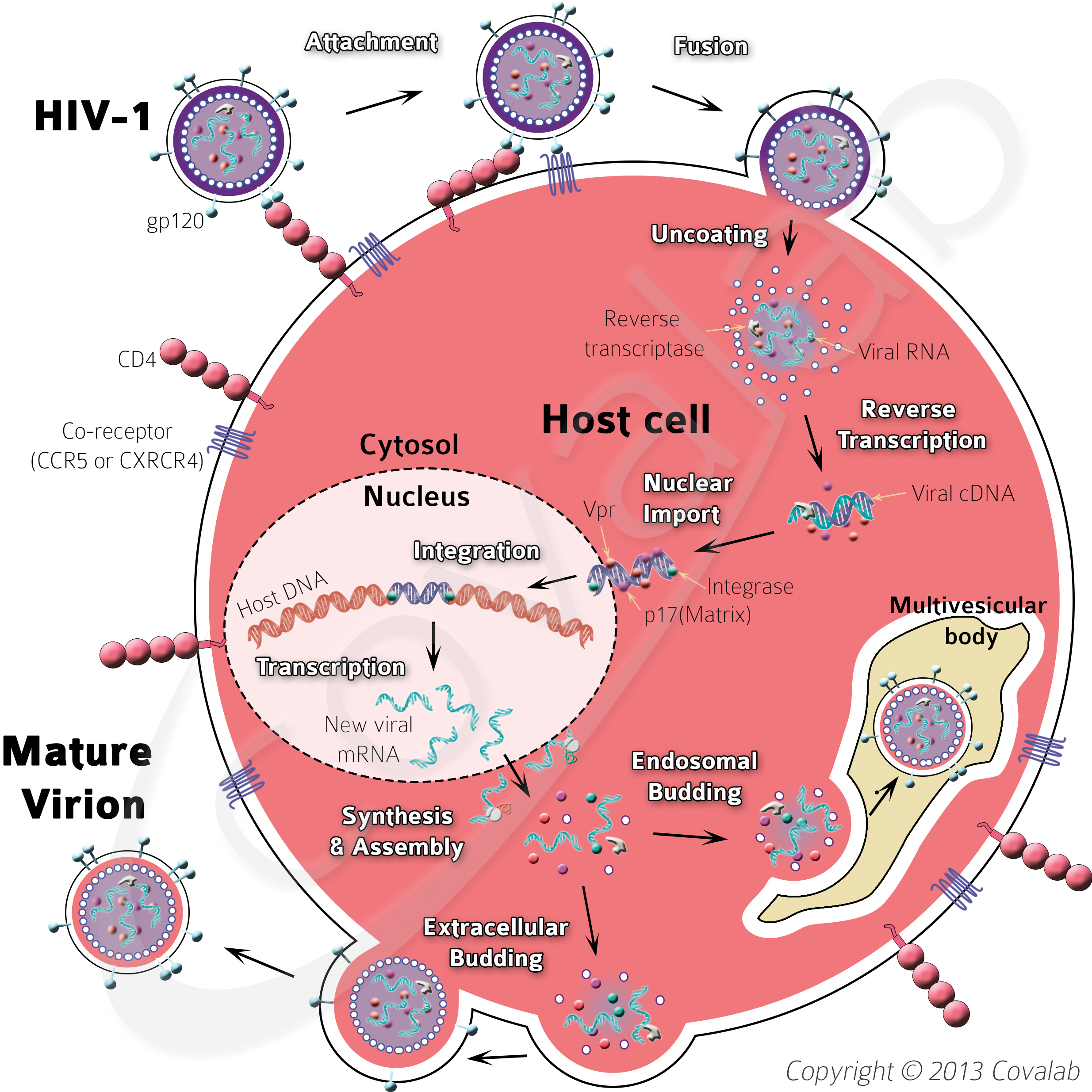


(627).jpg)

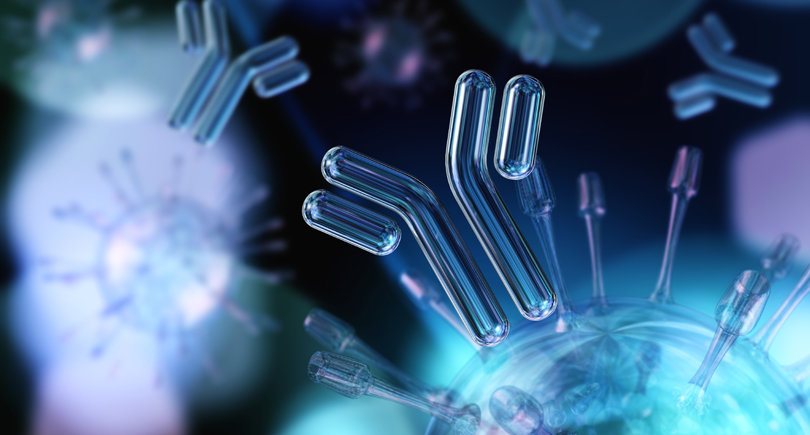

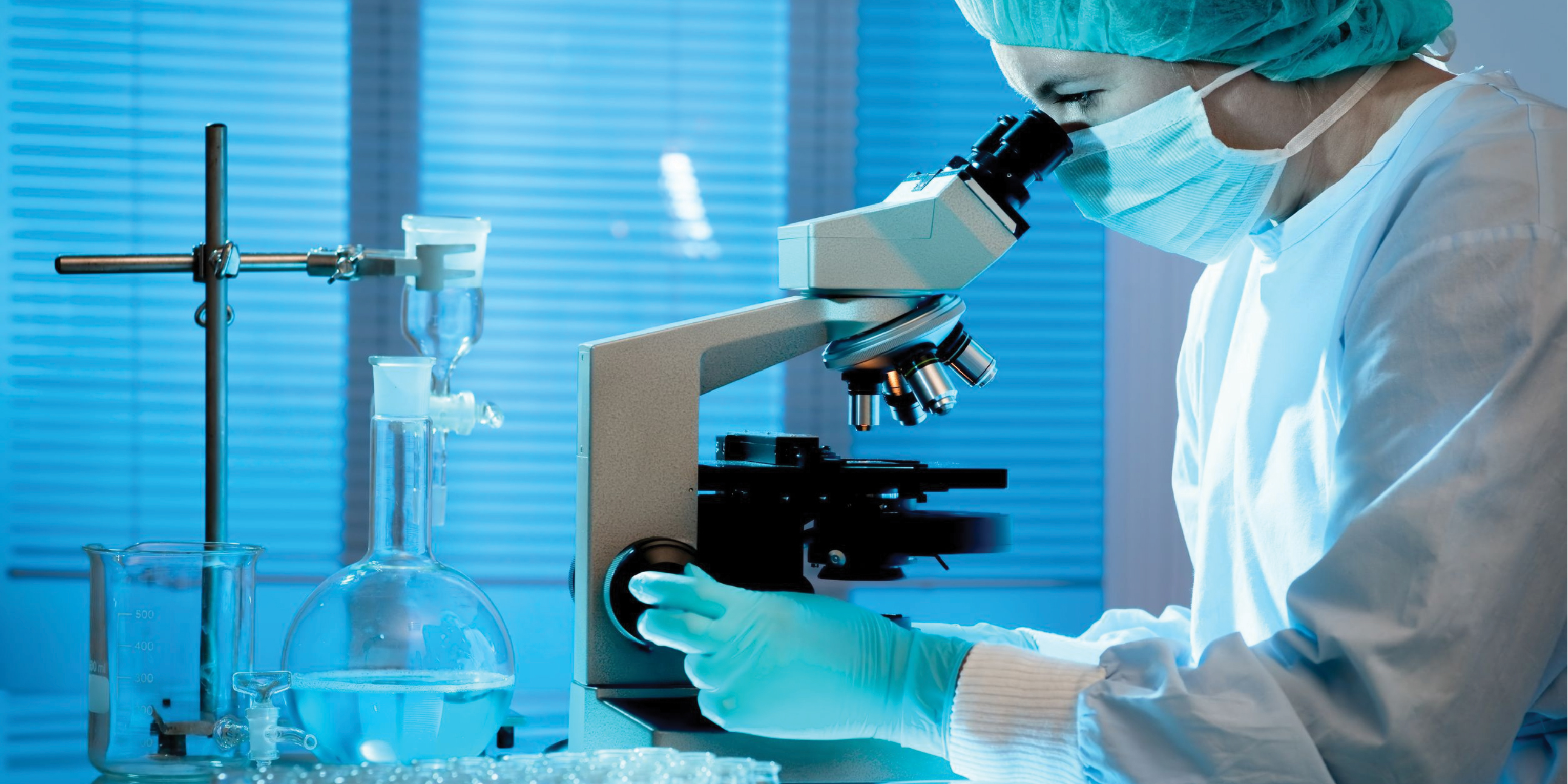


Nice information 🙂
ReplyDelete